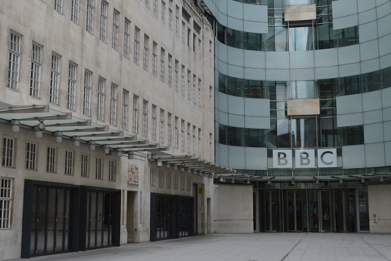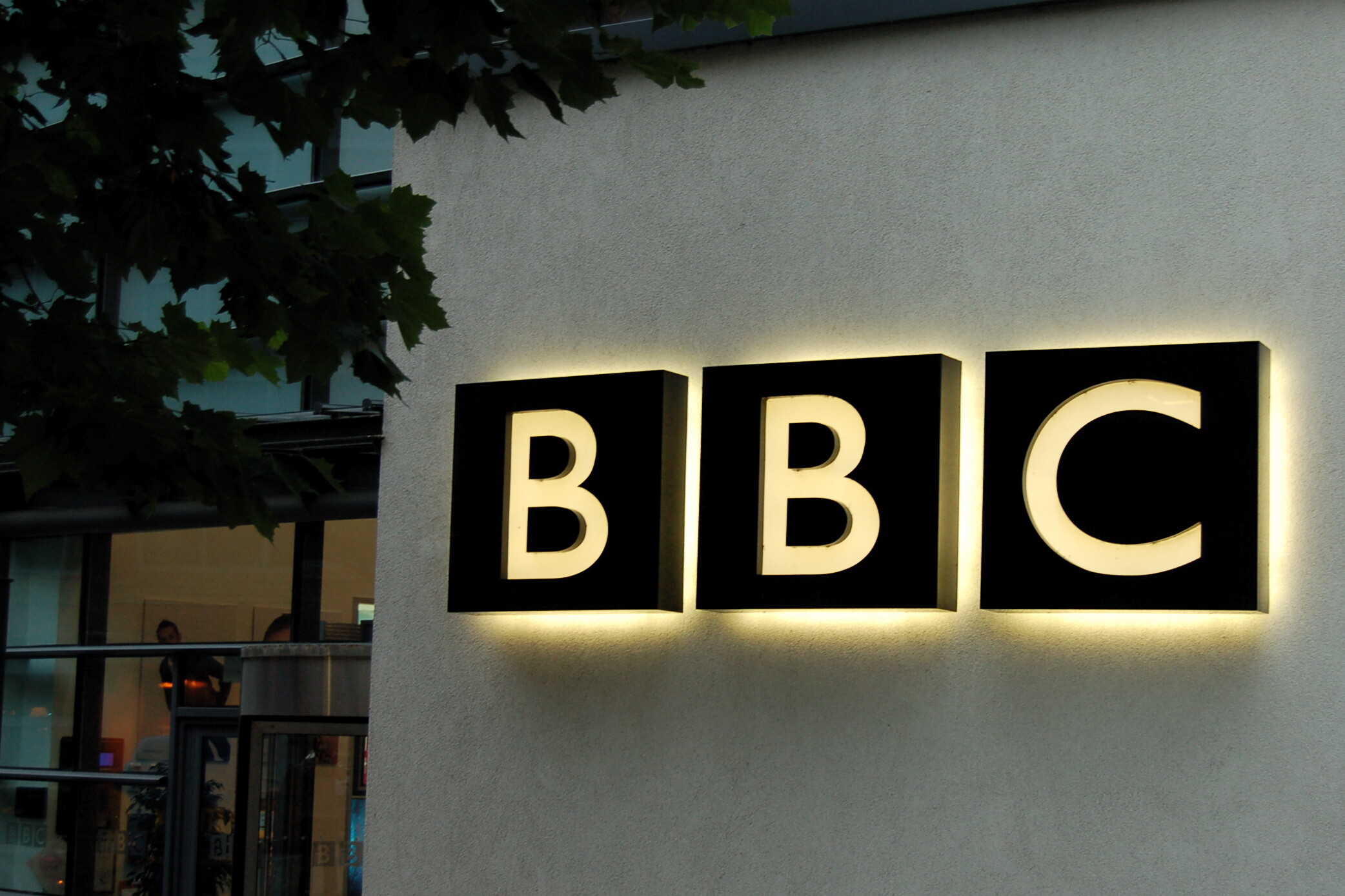It has been a busy couple of weeks for public broadcasters in the United Kingdom, with the BBC and Channel 4 facing some of the biggest changes in recent years.
Firstly, on 3 April, Ofcom became the first ever independent external regulator of the BBC following substantial changes issued in the latest Royal Charter. Despite Ofcom having regulatory oversight of BBC content since 2003, the removal of the BBC’s own regulator – the BBC Trust – gives it a much wider remit. Ofcom have released their proposed Operating Licence for the BBC offering a framework for the broadcaster, which will have final approval in September.
The Charter also included the reformation of the BBC Board, which has been made unitary with a greater number of its members selected by the UK government. The Board is still being formed and we will report on the final selection in due course. You can read about the BBC’s new Chairman, Sir. David Clementi, here.
Secondly, the theme of relocation and redistribution continues with proposed changes to Channel 4. The publicly owned broadcaster is facing calls to move out of London or spend significantly more in other regions of the UK after a protracted review into its long term future by the government’s culture department. The potential move has been hailed by proponents as a logical step in the government’s attempt to develop a less London-centric economy and to spread its cultural assets nationwide. However, Channel 4 believes it’s not simply a case of where their HQ is located and claim that they spend adequate amounts outside the capital.
The call to move comes after a controversial proposal to privatise the broadcaster was dropped.
With the potential scale and complexity of these changes we’ve pulled together a digestible selection of stories about these proposals and their potential implications. While these reports do not necessarily reflect the views of the Public Media Alliance, they offer useful insight and context to current debates about PSB in the UK.
Ofcom & BBC
- Ofcom to force BBC to spend more outside London – The Guardian focusses on one of the key proposals in Ofcom’s Operating Licence for the BBC, which is to see it spend more of its production budget outside of London, with funding quotas and commissioned network hours based on population size. A new diversity code will also be introduced to ensure the corporation reaches as broad an audience as possible, with the possibility of facing a £250,000 fine if it fails to comply.
- Ofcom publishes draft BBC operating licence – New music quota conditions have been proposed for the BBC’s popular music stations, to distinguish them from commercial competition. Proposals include a greater focus on new music, where BBC Radio 2 will need to dedicate 40% of its daytime music to acts from the UK and that 20% is new music. RadioToday also notes that the BBC’s dedicated sport station, BBC 5 Live, will need to offer live commentary and news for up to 20 different sports each year.
- Guide to Ofcom regulation of BBC – Read the full operating licence and framework as issued by Ofcom.
- BBC’s new regulator Ofcom wants spending in Scotland increased, will enforce new rule – Glasgow newspaper, The Herald, reports that the BBC will have to increase their spending in Scotland so that the broadcaster spends the same on programmes, per head in England, Northern Ireland, Scotland and Wales – Scotland will account for 8% of the total spent on network hours by the BBC. They also report that 75% of BBC Alba’s content (the corporation’s s Gaelic channel) must consist of original content. These changes follow last month’s announcement of a marked increase in funding for the BBC in Scotland, which you can read about here.
- [Opinion] BBC journalism, Ofcom and a bit of regulatory gobbledygook’ – An opinion piece by Prof. Stewart Purvis, a member of the advisory committee on the BBC Charter Review. Here he cuts through some of the regulatory jargon and elements of the charter renewal process that were underreported or missed altogether. He also elaborates on the extent of Ofcom’s reach.
- Channel 4 and BBC: Changes ahead – A concise video summary of last week’s Nations & Regions Media Conference, where Ofcom and Channel 4 announcements were made.
Channel 4
- Channel 4 ‘could move out of London – Despite dropping plans to privatise Channel 4, the location and the way in which it spends its money is now under review following an announcement by the Culture Secretary Karen Bradley. According to the government only 30 of the channel’s 800 staff are based outside London. This BBC News report explains that the review will also explore whether the amount of money spent on production outside of London should rise from 35% to 50%. Shadow Culture Secretary Tom Watson, however, claims that moving Channel 4 has some merit but that the location of its HQ is not the main problem, “but where it makes its programmes, creates jobs and spends money,”.
- Channel 4 to stay in public hands amid pressure to relocate & Proposal to privatise Channel 4 dropped – The Financial Times is one of many newspapers reporting that Birmingham is the preferred location for the broadcaster, as the government has targeted the wider region as a key area for investment. The Guardian also reported this story, explaining that the government hopes the suggested move would replicate the success of the BBC’s partial move to Salford, near Manchester. However, Channel 4 have argued that a move”with fewer than 1,000 employees does not work at the the scale to warrant developing such operations, unlike the BBC, which employs 19,000 staff”.
- [Opinion] Why moving Channel 4 out of London is a bad idea – This opinion piece by the Radio Times highlights some of the issues surrounding the proposed move and how it could be counter productive. The author argues that a move may increase Channel 4’s spending, especially when it already exceeds its obligations to spend 35% of its income outside of the capital. In fact, the broadcaster spends £150million of its £450million total annual programme spend on regionally produced content (outside of London.) He also argues that the move would inconvenience many of its regional independent producers that travel to London to meet broadcasters as well as the advertisers that Channel 4 is dependent upon for income.
The links above are to original stories that are not produced by PMA. ‘Focus on PSM’ pulls together stories from regions experiencing periods of heightened debate about the role of public media. PMA does not necessarily endorse these stories nor do they necessarily reflect the views of PMA.
Header image: Media City, Salford. Credits: John-Paul Walsh/Creative Commons


